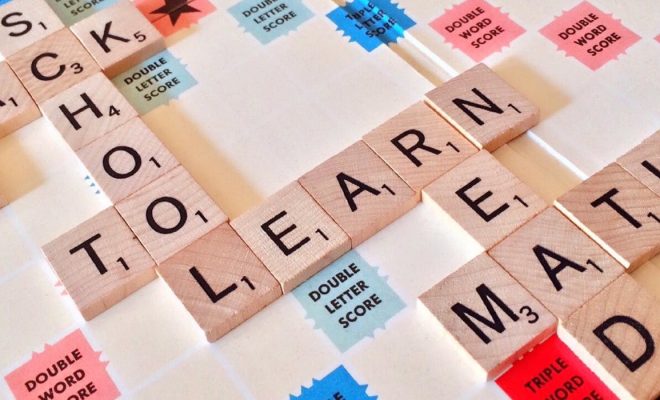Pass or Fail: The Importance of Academic Consistency

In this multi-part series, I provide a dissection of the phenomenon of retention and social promotion. Also, I describe the many different methods that would improve student instruction in classrooms and eliminate the need for retention and social promotion if combined effectively.
While reading this series, periodically ask yourself this question: Why are educators, parents and the American public complicit in a practice that does demonstrable harm to children and the competitive future of the country?
Benchmarks are necessary to judge student progress – but are we failing kids with our current way of measuring success?
An important way to eradicate the pass or fail system is through the creation of clear standards to gauge academic achievement. The need for such a focus is highlighted by one of the best-known contemporary criteria for judging student progress, the Common Core. The Common Core and similar standards suffer from an acute lack of clarity. The need for clear standards is critical.
Clear standards provide the advantage of an external check on the teaching and learning process as well as a guide for educators attempting to define expectations for success. They give educators a reliable foundation for making decisions about student progress.
The most important characteristic of effective standards and goals is consistency. If for example, a school establishes an achievement requirement for grade advancement, that standard must be applied consistently. If such a standard is to apply to the district or the public education system as a whole, it must be applied in the same way everywhere.
There are several problems involved in applying standards in an educational context. One is that all students are different, and a format that might work for one student could spell disaster for another. Another problem is that quantitative measurements of intelligence and understanding are difficult to employ. Measuring the quality of written expression, for instance, inevitably entails a measure of subjectivity.
And if quantitative, more objective assessments are applied, such as the number of specific types of a clause in a piece of writing, the question arises of whether a student’s performance necessarily reflects his writing ability. These and similar problems warrant some consideration in the context of the development of educational standards. What is the best policy, for instance, when it comes to the assessment of skill that is relatively subjective, such as clarity of expression, or creativity, in writing?
Even oral communication skills cannot be assessed in a completely objective manner. There are certain qualities in a presentation that are irreducibly individualistic. Can we assess the persuasiveness of a speech, for instance, or its appropriateness for a specific audience, with standards that are completely objective?
The solution to the problem of subjectivity usually entails development of precise guidelines designed to identify the things that teachers should be looking for. Appropriate training for teachers in interpreting and applying such guidelines is also necessary if educational goals and standards are to be applied and assessed with maximum consistency.
In Fair Isn’t Always Equal, Wormeli discusses the importance of assigning grades that clearly and consistently reflect the quality of the student’s performance. As Wormeli points out, a student who performs inconsistently might receive a grade that is unfairly skewed if the grade consists of an arithmetic average. Skewing can occur because of just one or two outlier performances.
Another grading alternative involves attainment of a threshold or minimum grade. Assessment procedures based on minimum grades are, however, rarely based on empirical research. What literature there is tends to cite the works of Thomas Guskey, and Guskey states that he knows of no studies that explore the effectiveness of minimum grading as a policy.
Indeed, he goes so far as to state that the application of minimum grading is probably ineffective. Proponents of appropriate minimum thresholds usually make use of hypothetical situations rather than actual data. Guskey suggested fifty percent as an appropriate threshold. Wormeli, however, makes a convincing case for sixty percent, while the popular press reports schools that use thresholds as high as seventy percent.
What, then, should we aim for regarding standards and goals, and how should we use them?
First, schools and school districts must work to create consistent standards and ensure that teachers understand them. Consistency, however, is not limited to teachers’ interpretation of standards. Many alternative strategies to retention and social promotion involve early identification of and targeted academic assistance for low-achieving students, as well as individualized instruction, parental involvement, curriculum development, school restructuring, summer school options, and personalized tutoring programs.
To effectively manage standards in education, we also need consistency in the application of strategies for academic support. We need clear standards not only for what is expected of a student, but what students should expect of themselves, what parents can do to support their children, and when and how various strategies or interventions might be used.






